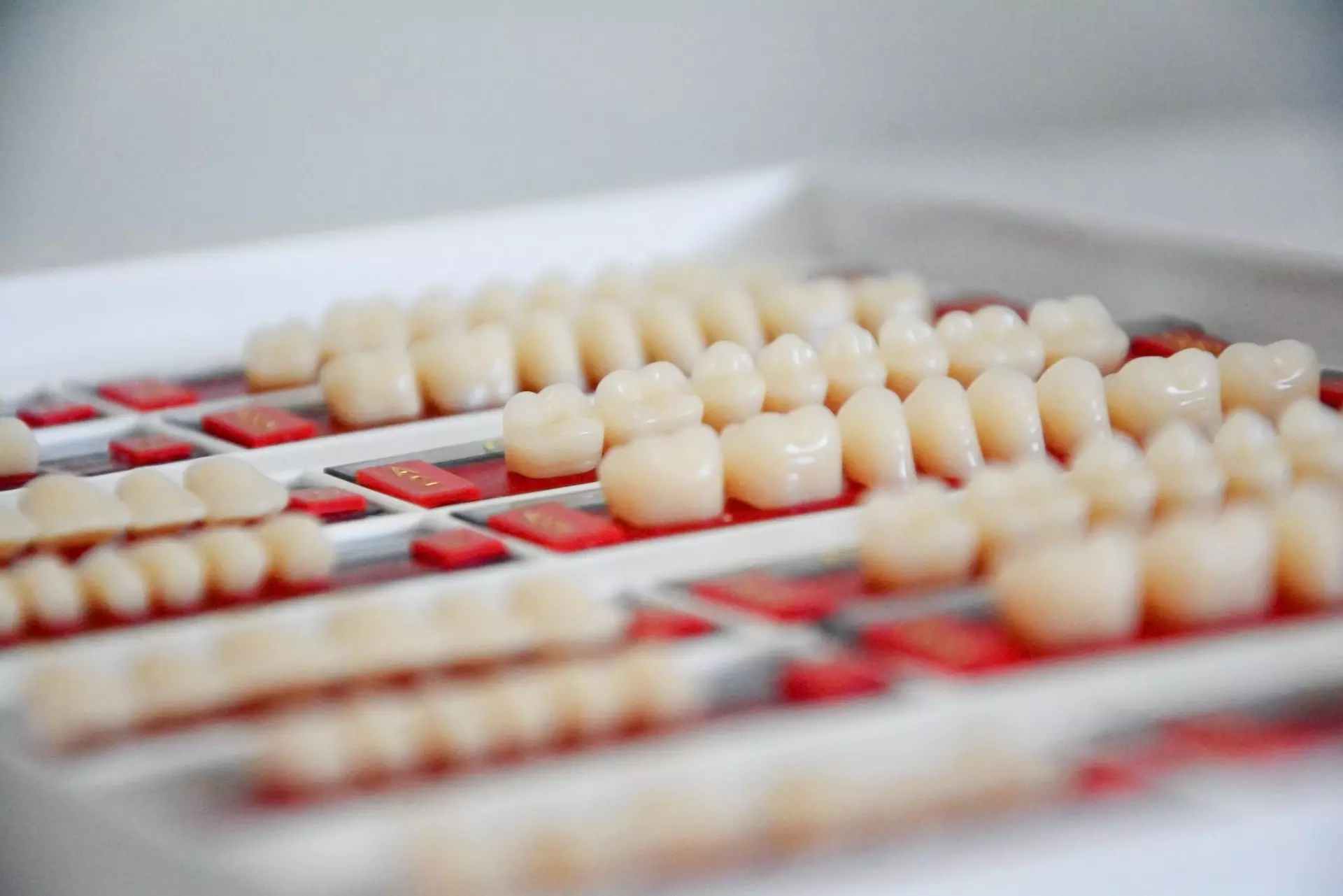Crown vs Root Canal? When an individual has a toothache, the first thing they will likely do is to head to the dentist in order to find relief. Depend
Crown vs Root Canal? When an individual has a toothache, the first thing they will likely do is to head to the dentist in order to find relief. Depending on the severity of the pain, the dentist may recommend a crown or a root canal (crown vs root canal). While a crown is a common solution for toothaches, many people are not familiar with root canal treatment is nor why it is important to save teeth.
What Is A Crown? Crown vs Root Canal
A crown is a tooth-shaped cap or cover that is placed over a tooth to restore its size, shape, and strength.
Dental care is an important part of our overall health, and one way to protect our teeth is to wear a crown. Crowns are often used to repair teeth that have been harmed by decay, trauma, pain or infection. They can also be used to improve or increase the appearance of your teeth that are discolored or misshapen.

A direct crown is a tooth-shaped cap that is placed directly on the tooth’s surface. A direct crown may be used to cover a damaged tooth, improve the appearance of an unattractive tooth, or restore the natural shape of a tooth.
What Does Getting a Crown Involve? Crown vs Root Canal
When someone gets a crown, they are receiving a dental restoration that covers and protects the tooth’s chewing surface and beauty. Crowns can be made from different materials, but porcelain is often used because it looks natural and is strong. There are several steps in the process of getting a crown, including taking an impression of the teeth, designing the crown, and fitting it to the patient’s mouth.

If you are in need of a dental crown, your dentist will likely recommend that you get one. Crowns are normally used to restore teeth that are decayed or defaced. There are many steps in the process of getting a crown, like taking an impression of the tooth. This impression is used to create a model of the tooth that will be used to create the crown. The dentist will also take measurements of the tooth so that the crown can be made to fit properly.
Crown Placement (Crown vs Root Canal)
Crown placement, also known as tooth restoration, is the process of repairing and replacing a tooth’s enamel and dentin. Crown placement is often important when a large cavity or fracture harms a tooth’s structure beyond repair. The crown, which is made of porcelain, metal, or composite resin, is fitted over the remaining tooth structure and bonded in place.
Dental crowns are a common dental procedure that many people undergo to restore the function and appearance of their teeth. A crown can be made of glass, porcelain, metal, or composite resin. The composition of the tooth determines what type of crown will be most appropriate for that tooth. Dental crowns are typically a composite material that is designed to fit over the original structure of the tooth.
What Is A Root Canal? Crown vs Root Canal
A root canal is a dental procedure or function in which the nerve and pulp inside a tooth are removed.

When a tooth becomes infected or inflamed, a root canal may be necessary to save the patient’s tooth. A root canal is a dental procedure in which the nerve and pulp inside a tooth are removed. The canals inside the tooth are cleaned and sealed with cement. If the infection is not too advanced, a crown may be placed on top of the tooth to protect it. If the infection is more severe, the tooth may need to be extracted. Root canals are often done in people with chronic pain or irritation of the tooth. Root canals are sometimes done when a tooth is severely cracked, chipped, or broken. They are also performed to treat pulpitis.
How Successful Is Root Canal Treatment? Crown vs Root Canal

Root canal treatment is one of the most common dental procedures performed in the United States. According and reference by the American Association of Endodontists, more than 15 million root canals are performed each year. Despite its widespread use, there is some debate about how successful root canal treatment is. Some people claim that root canal treatment is not effective and that the only way to cure a toothache is to remove the tooth.
Is A Crown Necessary After A Root Canal? Crown vs Root Canal
It is a common misconception that a dental crown is always important after a root canal treatment. In fact, in some cases a crown may not be necessary at all. The decision to place a crown after a root canal depends on several factors, including the extent of the damage to the tooth and the health of the surrounding tissues. If a crown is not necessary, your dentist may recommend a different treatment plan, such as dental bonding or dental filling.
What’s the Right Treatment for You? Crown vs Root Canal
When it comes to dental health, one of the most important decisions you will make is whether to get a crown or you need of a root canal. Both procedures are essential for restoring dental health, but they serve different purposes. So, which is better for your teeth?

A crown is used to protect a harmed tooth from further damage. If the tooth has been severely cracked or chipped, a crown can prevent it from breaking off completely. A root canal is used to treat a tooth that is infected. The infection can be caused by decay, a fracture, or an injury. By removing the infected or damaged tissue and filling the opening in the tooth, a root canal can restore the tooth’s health and functionality.
So, which procedure is better for you? That depends on the condition of your teeth.
Conclusion
In conclusion, crowns and root canals are both viable treatment options for teeth with extensive decay or destruction. However, the decision between which option to choose should be made on a case-by-case basis, taking into account the specific needs of the patient. If you are experiencing dental problems and are unsure of what kind of treatment you need, consult a dentist for advice.
